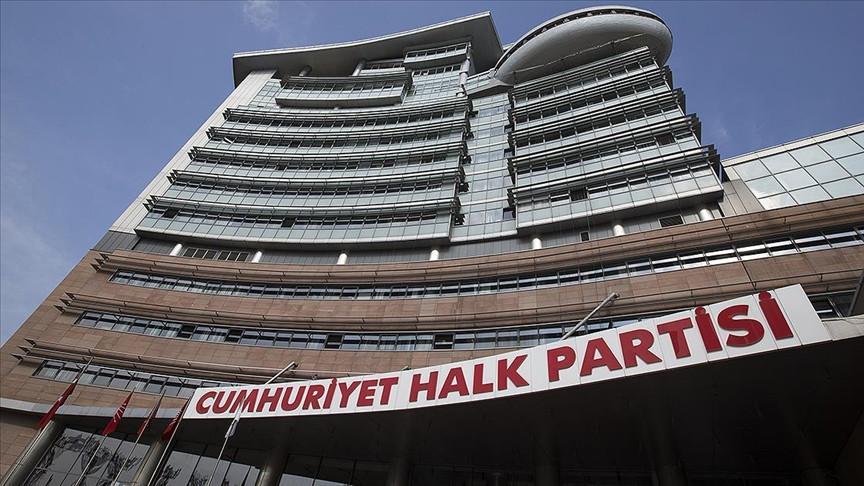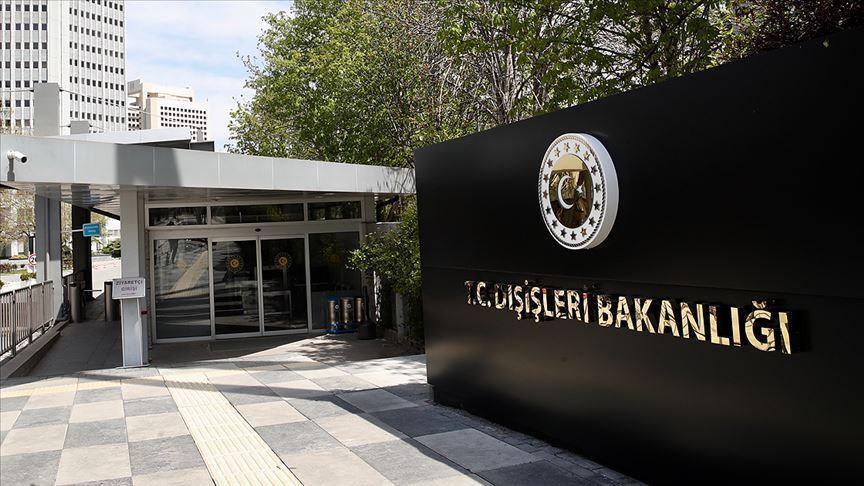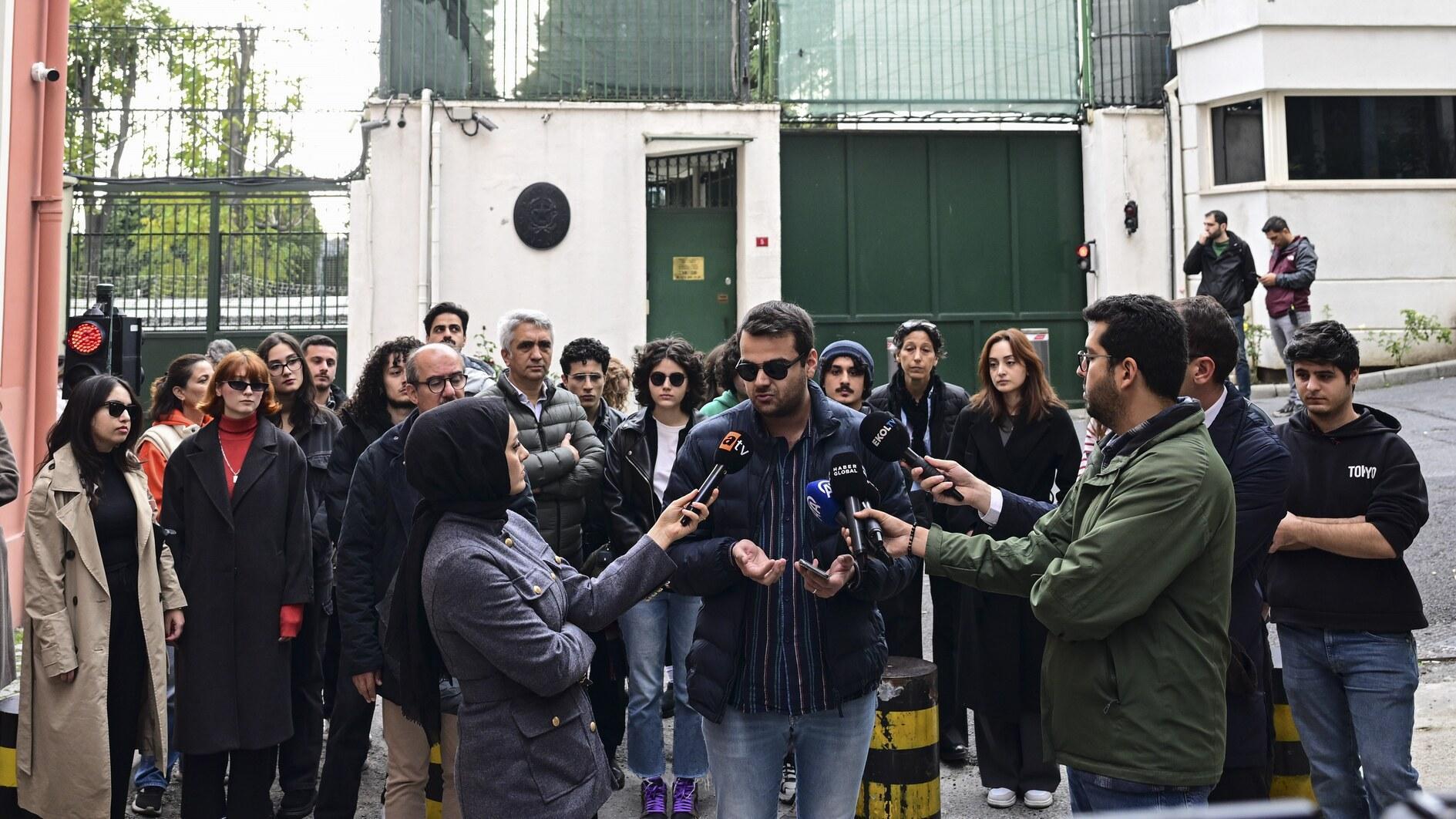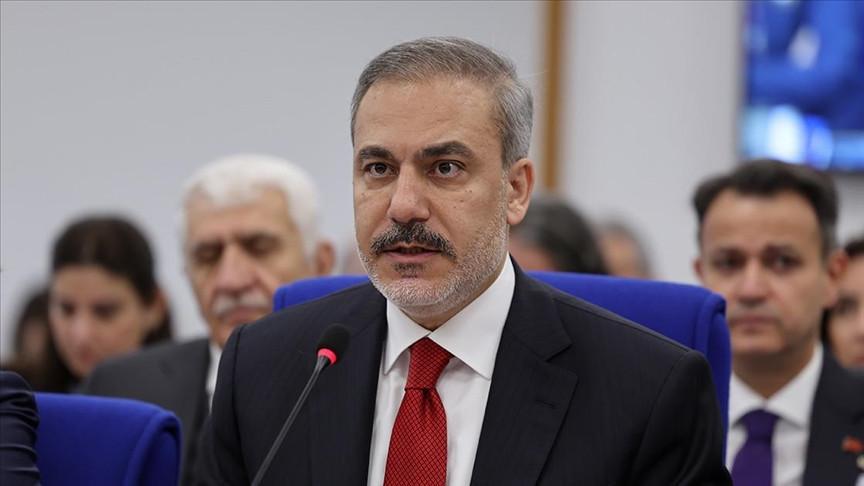Turkey turns its face to the EU again, hopefully for good
Turkey signals returning its face to the European Union once again following a couple of years on freeze. Turkish Foreign Minister Mevlüt Çavuşoğlu announced on Aug. 29 in Ankara that Turkey wanted to speed up and strengthen its ties with the EU, as “they also desire.” Çavuşoğlu has been invited to an unofficial meeting of foreign ministers on Aug. 30 in Vienna, with Turkey being a chronicle candidate for the Union.
Çavuşoğlu made that statement together with three other ministers, namely, Justice Minister Abdülhamit Gül, Treasury and Finance Minister Berat Albayrak and Interior Minister Süleyman Soylu after a “Reform Action Group” meeting, which they had held after three years. The absence of the Reform Action Group meetings has been a sign alone of distanced relations between Turkey and the EU.
It is also a sign of the deterioration in the quality of democratic and economic standards in Turkey, mainly due to the military coup attempt on July 15, 2016 and the state of emergency declared by President Recep Tayyip Erdoğan’s Justice and Development Party (AK Parti) government. Another factor was Turkey’s security priorities as a result of the Syrian civil war and thus, the anti-terror fight mainly against ISIL and the illegal PKK, which has resulted in criticisms of shifting its axis from the West to the East.
From the statements of the foreign, interior and justice ministers, it is obvious the government is well aware of the bad perception of Turkey in Western Europe and the continued pledge for reform, especially in the field of justice and fundamental rights, in order to set relations back on track. All three ministers have placed special emphasis on the lifting of the state of emergency as of last July. The finance minister has implicitly said he expected an environment of better investment with the political reform process.
One of the most important promises Çavuşoğlu voiced on behalf of the government was prioritizing judicial and fundamental rights. Those are in reference to the content of the 23rd and 24th chapters of membership negotiations. There is a Greek Cypriot veto on the opening up of those chapters and the EU Council has been subject to criticism not only by the Turkish government for failing to overcome that problem.
Now, it seems the government pledges to take the necessary steps without the need for formal negotiations; at least it promises that. Another important pledge is about working more closely with the Council of Europe. Çavuşoğlu has particularly highlighted that topic as a politician who has served as the Speaker of the Council’s Parliamentary Assembly in the past.
The conditions under the state of emergency have led to harsh criticisms against Turkey. As one of the countries that had founded the Council, there was a rejected-proposal to expel Turkey. Çavuşoğlu added that Ankara was also expecting the EU to fulfill its promises. “Regardless of being a member, we will continue the reform process,” Çavuşoğlu said, for example.
That is a statement a number of politicians and the government have given before, but this time there are international dynamics that force Turkey and the EU as well to work closely. The rift between Turkey and its biggest NATO ally the U.S. is perhaps the most important of them.
Turkey is part of a European defense within NATO and a shield against the flow of immigrants from the Middle East and beyond. The economic and political (including defense) sanctions as voiced by U.S. President Donald Trump’s administration leads to two results:
1) The rapprochement between Ankara and Moscow. The Russian President Vladimir Putin wants to take advantage of the cold winds blowing between Turkey and the U.S. and,
2) The weakening of the Turkish economy, which is a threatening leverage used by U.S. leaders, means a weaker Turkey, which is not beneficial for Europe.
That is one of the reasons why German Chancellor Angela Merkel and French President Emmanuel Macron says Turkey should not be left alone against American economic threats.
Perhaps we have to add another factor as the disillusionment of Ankara from its political experiment in the Middle East. It is not something that will improve with Turkish involvement.
Nevertheless, the government’s decision to turn its face to Europe again is something good, with hopes that the EU will respond positively and that it will be good for Turkish democracy, the economy and European security.











